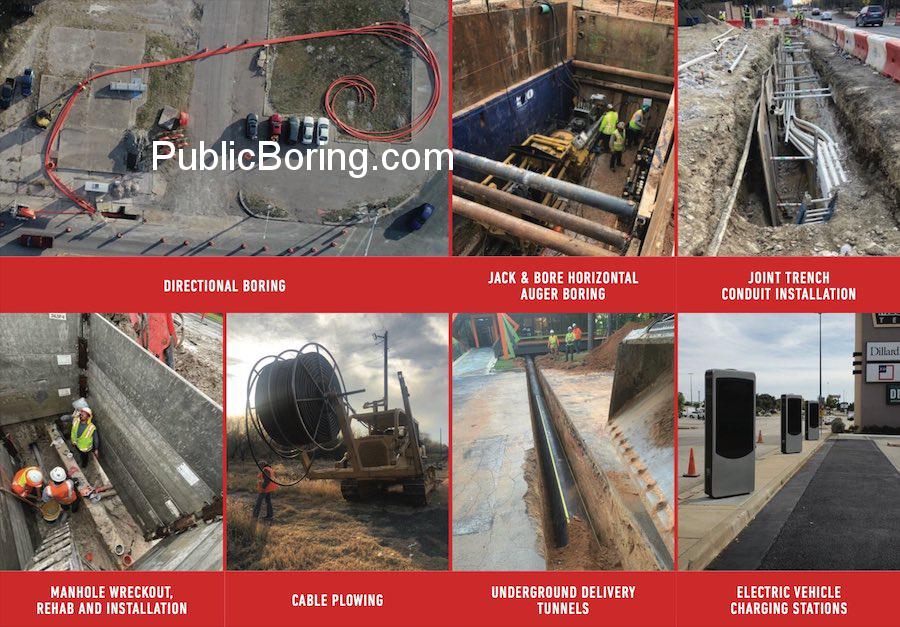EV Charging Contractor: A Detailed Overview of Services and Processes
Electric Vehicle (EV) charging infrastructure is pivotal in supporting the transition to cleaner transportation. An EV charging contractor plays a vital role in designing, installing, and maintaining these stations. Here’s a comprehensive description of the steps involved and services provided by an EV charging contractor, utilizing the given terms:
- Initial Assessment and Planning:
- Engagement of Experts: Leading companies or corporations are approached for their expertise in EV charger installation.
- Site Development: The construction site is thoroughly assessed, factoring in accessibility, potential challenges, and electrical infrastructure.
- Consultation with Local Authorities: In areas close to highways, interstates, or other public areas, the necessary permissions are sought.
- Preparation for Installation:
-
- Excavation and Trenching: Depending on the site, excavation might be necessary. Techniques like hand digging or hand trenching are employed, ensuring minimal disruption. Trenchless methods might be employed in more complex scenarios.
- Conduit Installation: Conduits are laid to protect and house the electrical cabling required for the EV charging stations. The choice between direct burial or using conduits depends on the site specifics and electrical codes.
- Ductbank Work: For larger installations or where multiple cables need to be organized and protected, ductbank installation is performed.
- Charging Equipment Installation:
-
- EV Charger Selection: The best-suited EV charger types, whether conventional or fast-charging, are chosen based on the intended usage and location.
- Electrical Infrastructure: The necessary electrical systems are installed, ensuring safe and efficient charging. This includes electrical panels, circuit breakers, and safety equipment.
- Utility Integration: The charging infrastructure is integrated with the local utility grid, ensuring stable power delivery.
- Advanced Installations:
-
- Smart Cities and Renewable Integration: As cities evolve towards smarter infrastructure, the integration of EV chargers with renewable sources like solar farms or wind farms is becoming more common. This ensures greener charging solutions.
- Fiber Connectivity: For stations that require network connectivity for payment systems, diagnostics, or other smart functionalities, fiber boring might be performed to lay fiber optic cables.
- Collaborations and Stakeholder Engagement:
-
- Government and Military Collaborations: On specific public projects or at military installations, a partnership might be established with government entities or military organizations.
- Local Co-op or LLC Engagements: Local cooperatives or LLCs might be involved in community-driven projects or small-scale installations.
- Subcontractors: For multi-faceted projects, subcontractors with specialized skills might be engaged.
- Post-Installation Services:
-
- Landscape Rehabilitation: The disturbed areas are restored post-installation to ensure environmental and aesthetic harmony.
- Maintenance and Emergency Services: Regular maintenance is provided, and in the case of any unforeseen issues or emergencies, swift response mechanisms are in place.
- Ongoing Support and Upgrades:
-
- Network and Software Upgrades: With the advancement of technology, software or network upgrades are periodically done to ensure optimum performance and user experience.
- Expansion and Retrofitting: As demand grows, additional charging stations might be added, or existing ones might be retrofitted with newer technology.
In conclusion, an EV charging contractor provides end-to-end services, right from the initial assessment to the ongoing maintenance of charging stations. With the rapid growth of electric vehicles, their role is paramount in ensuring a seamless and efficient charging experience for users.


